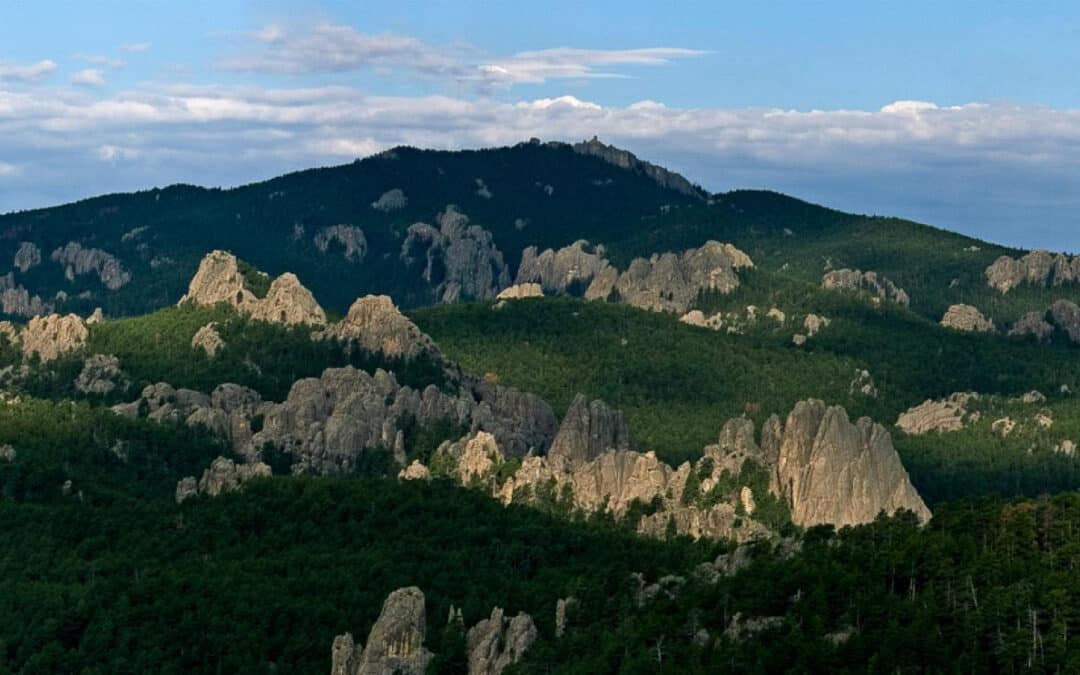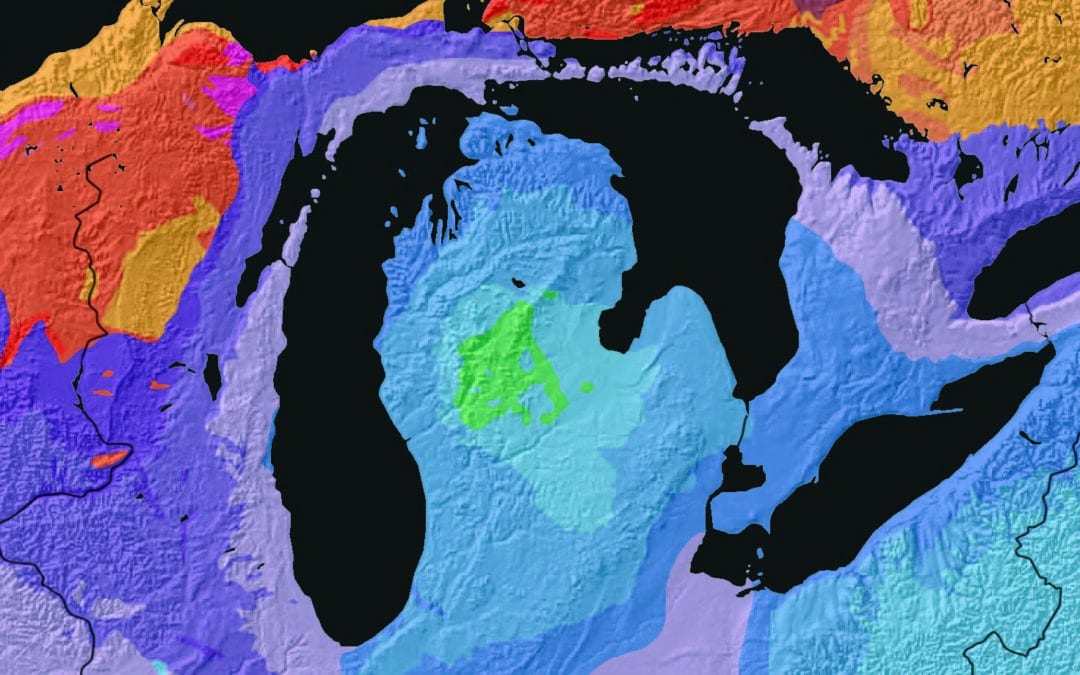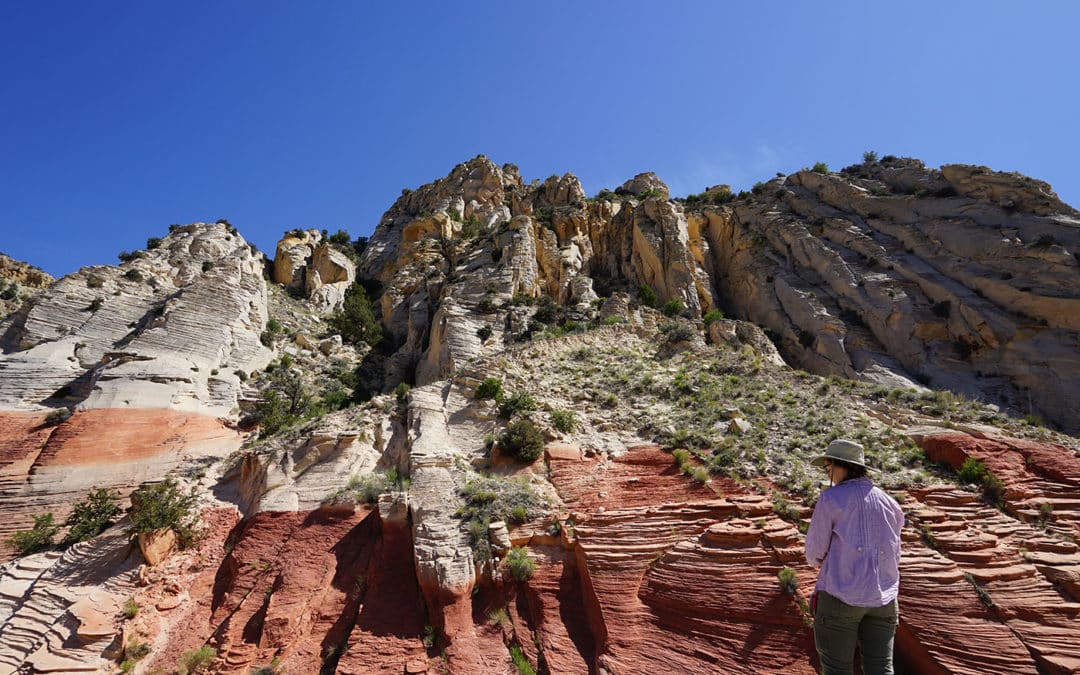Advanced Research Experiences
Who is eligible to participate?
- citizens and permanent residents of the US or its possessions
- rising fourth-year (senior) students when project begins; rising third-year students may also apply, but have lower priority
- declared major in earth science (or related field) degree program leading to a bachelor’s degree
- completed course prerequisites required by projects
- willing to complete independent study or senior capstone/thesis research based on Keck summer project
As a Keck Advanced research participant, you will be awarded:
- transportation to the project home institution
- transportation, housing, and meals during the summer project
- support for research expenses and analytical costs
- funding for travel, housing and meals to co-present your results with other project members at a professional meeting
- a $2,400 fellowship for your participation in the four-week summer and academic year research project; dispersed at the end of the summer project. In some exceptional circumstances (e.g., international projects), student fellowships might be reduced to help cover travel costs. Please see project descriptions for exceptions.
Expectations of Keck Advanced research participants:
- hard-working, intellectually curious, and passionate about earth science
- able to work independently and as part of a team
- contribute to a co-authored presentation at a professional meeting during following fall or spring
- continue to investigate your summer project during the following academic year, typically culminating in a senior capstone or thesis
- submit a Short Contribution (extended abstract) describing your research results in late spring
- complete project surveys and evaluations that are administered before, during, and after the summer project
- complete guided activities and self-reflections throughout the research experience
Important Info
Flyer for 2025-26 Projects
Application for 2025 Programs
17 Feb: Applications due
15 Mar: Acceptance letters sent
2023-24 ADVANCED PROJECTS:

Neoarchean Rocks of the Black Hills
Young eyes on old rocks: Evaluating tectonic models for Neoarchean(?) basin formation in the metamorphic core of the Black Hills, South DakotaOverview: The crystalline core of the Black Hills of western South Dakota exposes Neoarchean and Paleoproterozoic plutonic and...

Carbonate to Black Shale Transition in the Michigan Basin
Integrated Stratigraphic and Paleoenvironmental Study of the Middle-Late Devonian Carbonate to Black Shale Transition in the Michigan BasinOverview: Devonian climate trends have long been studied within the context of biological change. For example, the End-Devonian...

Structural evolution of the Sevier fault
Structural evolution of a segmented normal fault transfer zone, Sevier fault, southern Utah Overview: This five-student project focuses on the evolution of the Sevier normal fault zone in southern Utah, near Zion National Park. The Sevier normal fault, considered one...
